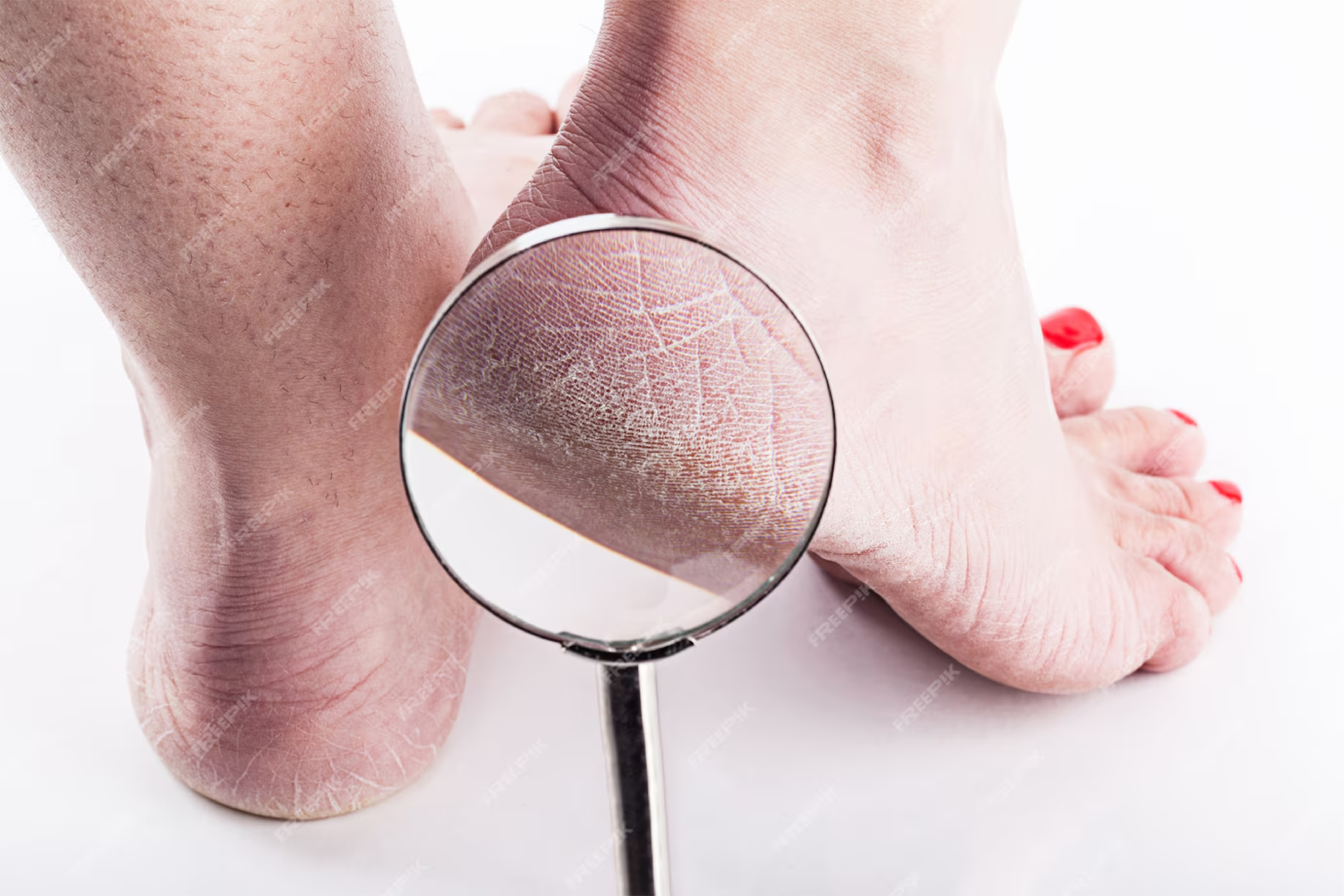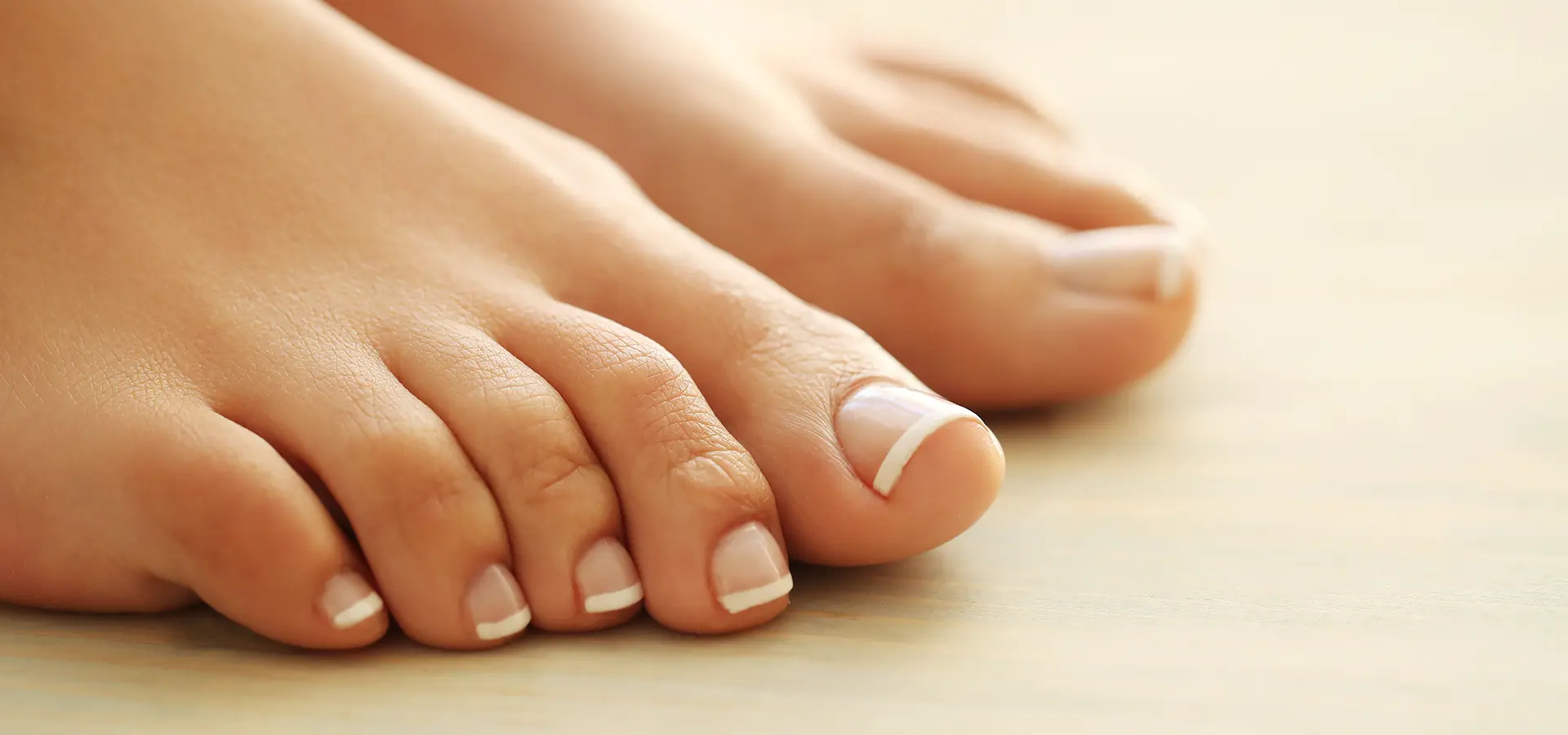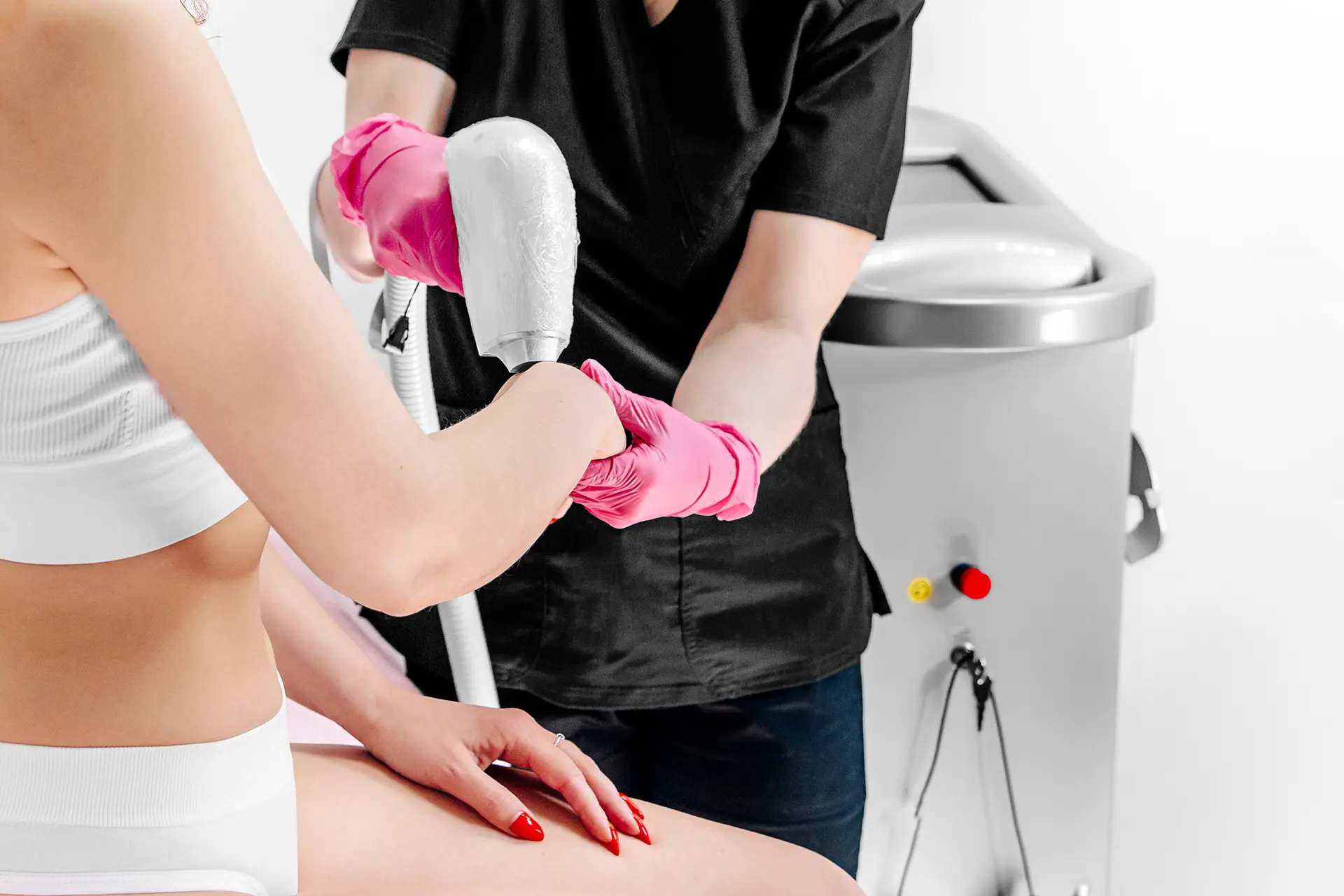What Causes Cracked Heels?
The skin on the heels is naturally thicker than the skin on other parts of the body, which allows it to withstand the pressure and impact of walking and standing. However, when the skin becomes excessively dry or callused, it loses its elasticity and begins to crack. There are several factors that can contribute to the development of cracked heels:
- Dry Skin: The most common cause of cracked heels is dry skin. When the skin lacks moisture, it becomes brittle and less flexible, making it more prone to cracking. Dry skin can be caused by a variety of factors, including cold weather, low humidity, and excessive exposure to water.
- Prolonged Standing: Spending long periods of time standing, particularly on hard surfaces, can put pressure on the heels, causing the skin to crack. This is especially common in people who are overweight, as the additional weight puts even more strain on the feet.
- Footwear: Wearing open-backed shoes or sandals that don’t provide adequate support can also contribute to cracked heels. These types of shoes allow the fat pad under the heel to expand, increasing the likelihood of the skin splitting.
- Health Conditions: Certain health conditions, such as diabetes, eczema, and hypothyroidism, can lead to dry skin and increase the risk of developing cracked heels. Diabetics, in particular, need to be vigilant about foot care, as they are more prone to infections.
- Age: As we age, our skin naturally becomes drier and less elastic, making it more susceptible to cracking. The natural oils in the skin decrease, which can exacerbate the problem.
- Poor Foot Hygiene: Neglecting proper foot care, such as not moisturizing regularly or failing to exfoliate dead skin, can lead to the buildup of dry, thickened skin on the heels, increasing the risk of fissures.
How to Treat Cracked Heels at Home
Fortunately, most cases of cracked heels can be treated at home with proper care and attention. Here’s a step-by-step guide to managing and treating cracked heels:
- Regular Moisturization: The cornerstone of treating cracked heels is keeping the skin well-moisturized. Aim to moisturize your feet at least twice a day, preferably in the morning and before bed. Look for thick, emollient-rich moisturizers such as Eucerin, Cetaphil, or similar products. These moisturizers help to lock in moisture and create a protective barrier on the skin. Some moisturizers contain skin-softening agents like urea, salicylic acid, or alpha hydroxy acid, which can assist in exfoliating dead skin cells. While these ingredients are effective, they can sometimes cause mild stinging or irritation, so it’s important to monitor your skin’s reaction.
- Nighttime Foot Care Routine: For more intensive treatment, give your heels extra care before going to bed. Start by soaking your feet in warm, soapy water for about 10 minutes. This helps to soften the skin and makes it easier to remove dead skin cells. After soaking, gently pat your feet dry with a towel.
Next, use a loofah, foot scrubber, or pumice stone to gently exfoliate the heels. This step is crucial in removing the thickened, callused skin that can lead to cracking. Be careful not to scrub too harshly, as this can cause further irritation.
After exfoliation, apply a heavier, oil-based cream or petroleum jelly to your heels. Products like Vaseline or Aquaphor Healing Ointment are ideal for this purpose, as they help to seal in moisture and create a protective barrier on the skin. Finally, put on a pair of thin cotton socks before bed to help the moisturizer work overnight.
- Footwear Matters: While treating cracked heels, it’s important to consider your choice of footwear. Avoid wearing open-backed shoes or sandals that don’t provide adequate support. Instead, opt for shoes with a closed back and cushioned soles to reduce pressure on the heels.
If you’re prone to cracked heels, consider using heel cups or insoles that provide extra cushioning and support. These can help distribute pressure more evenly across your feet and prevent further damage to the skin.
- Maintain Good Foot Hygiene: Regularly washing your feet, exfoliating dead skin, and moisturizing are all essential steps in maintaining good foot hygiene. Make sure to dry your feet thoroughly after washing, paying special attention to the areas between the toes. Keeping your feet clean and dry can help prevent the buildup of dry, thickened skin that can lead to cracked heels.
- Stay Hydrated: Keeping your body hydrated is just as important as moisturizing your feet. Drinking plenty of water helps to maintain your skin’s elasticity and prevent dryness. Aim for at least 8 glasses of water a day, and more if you’re active or in a hot environment.
When to Seek Professional Help
While most cases of cracked heels can be managed at home, there are situations where it’s important to seek professional care. If your heels are severely cracked, bleeding, or showing signs of infection, it’s time to consult with a podiatrist or visit the FootCare Clinic Dublin for a comprehensive evaluation and treatment plan.
Some signs that you should seek professional help include:
- Persistent Pain: If your heels are causing significant discomfort or pain that doesn’t improve with home care, a podiatrist can help identify the underlying cause and recommend appropriate treatments.
- Signs of Infection: If you notice redness, swelling, warmth, or pus around the cracks, this could indicate an infection. Infections can spread and become serious if not treated promptly.
- Bleeding or Deep Cracks: Deep fissures that bleed or expose the underlying tissue require professional care to prevent further complications.
- Diabetic Patients: If you have diabetes, it’s crucial to take any foot problems seriously. Diabetic foot complications can lead to serious issues, including ulcers and infections, so don’t hesitate to seek medical advice.
FootCare Clinic Dublin: Your Partner in Foot Health
At FootCare Clinic Dublin, we specialize in treating a wide range of foot conditions, including cracked heels. Our experienced podiatrists will assess your condition and develop a personalized treatment plan to restore the health of your feet. Whether you need professional debridement of thickened skin, prescription-strength moisturizers, or advice on the best footwear, we’re here to help.
Don’t let cracked heels keep you from enjoying life. With the right care and attention, you can heal your heels and prevent future problems. If home treatments aren’t providing relief, or if you’re concerned about the health of your feet, contact FootCare Clinic Dublin today to schedule an appointment. Your feet will thank you!


